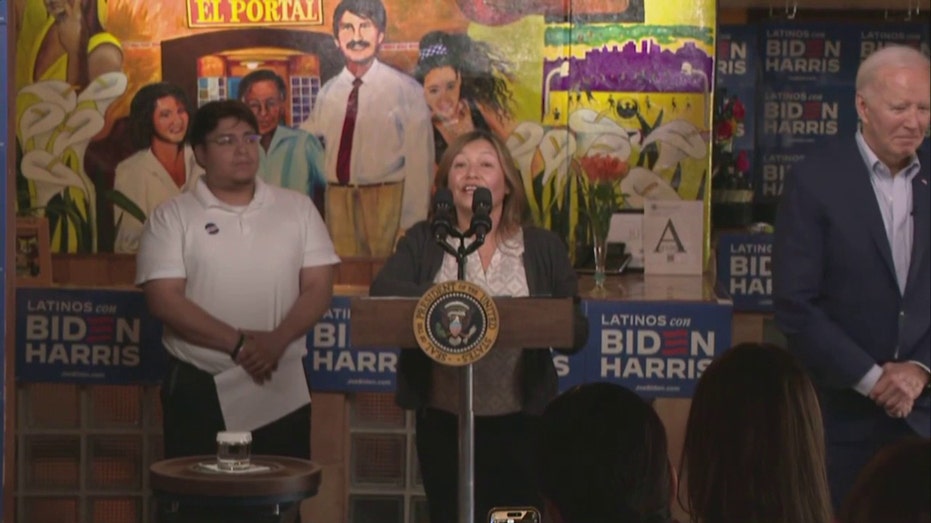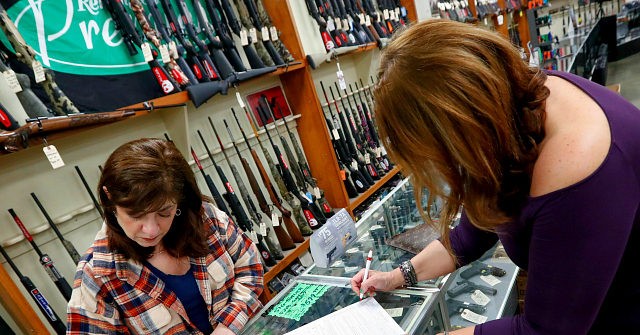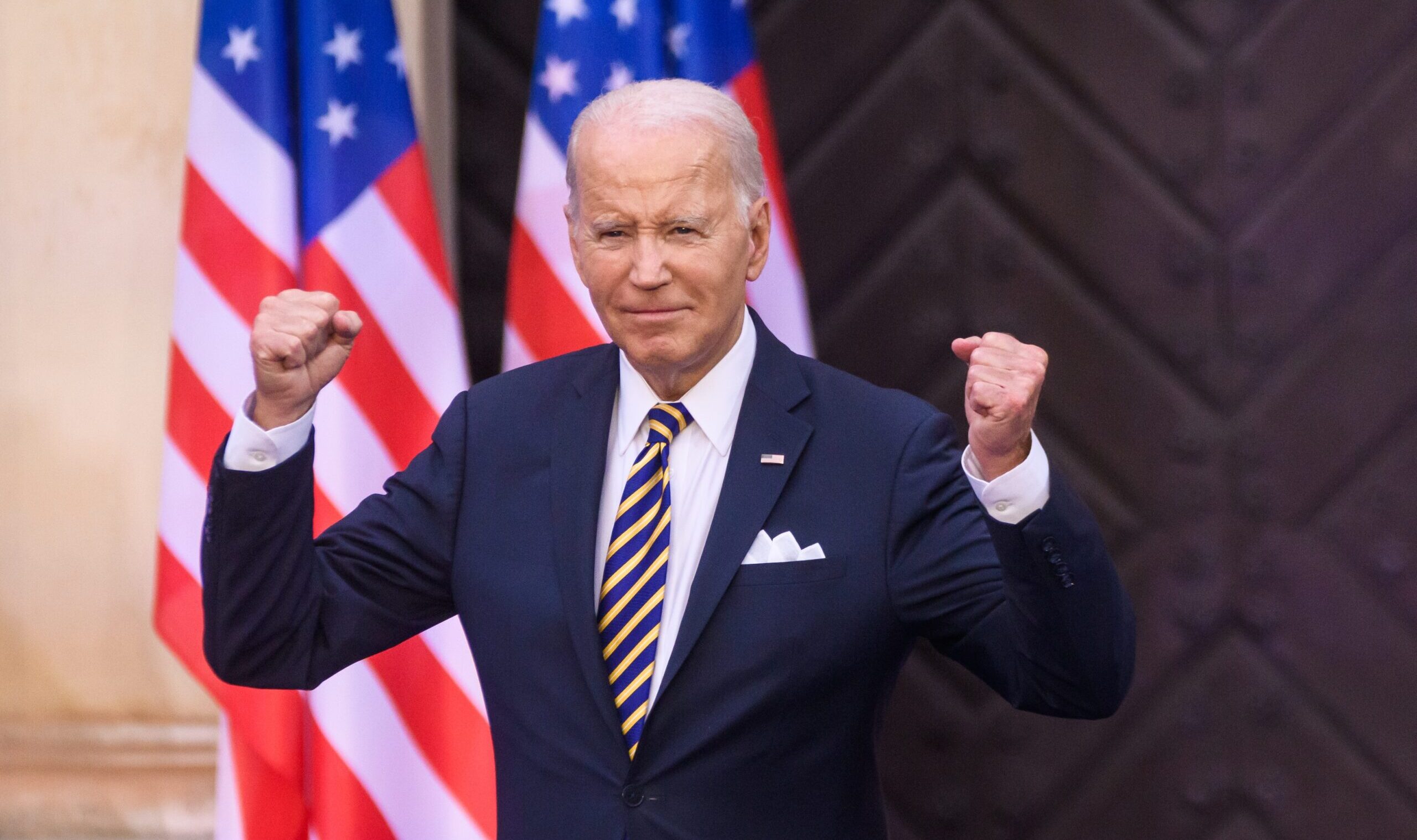Alabama Sets the Stage for a Supreme Court Fight Over IVF
Is a new front in the culture war opening up? The post Alabama Sets the Stage for a Supreme Court Fight Over IVF appeared first on The American Conservative.

Alabama Sets the Stage for a Supreme Court Fight Over IVF
Is a new front in the culture war opening up?

Last Friday, the Alabama Supreme Court reversed a trial court’s decision regarding embryos destroyed at a fertility clinic. Their ruling applied the Wrongful Death of a Minor Act to all unborn children, including those outside the womb. The landmark ruling underscored Alabama’s commitment to protect unborn life in Section 36.06 of their constitution which acknowledges, declares, and affirms the sanctity of unborn life and unborn children’s right to life. In essence, the court determined that from the moment of conception a child’s right to life, whether in a mother’s womb or in frozen storage, must be respected, protected, and defended.
Alabama isn’t the only state to recognize the humanity of frozen embryos. Louisiana has conferred “juridical personhood” on embryos, meaning frozen embryos cannot be owned or destroyed, and any disputes over them must be resolved in their “best interests.”
The Tennessee Supreme Court took a hybrid stance in Davis v. Davis, acknowledging that embryos occupy a special status that is neither equivalent to persons nor property, thereby requiring them to be treated with special respect due to their potential for human life.
The Alabama decision recognizing “frozen, unimplanted embryos” as what they truly are, “human children,” had one senior writer at Slate correctly noting that this ruling would “imperil all IVF access throughout Alabama.”
He’s exactly right.
Ever since Roe was overturned, fertility doctors have been sounding a similar alarm. That’s because dehumanizing unborn children is critical to both the abortion industry and the fertility industry.
States that are now newly permitted to pass personhood laws protecting unborn children from abortion will automatically also protect children from their rampant destruction at the hands of #BigFertility which, by the numbers, annually destroys more unborn life than Planned Parenthood.
Dr. Kara Goldman, medical director of Fertility Preservation at Northwestern Medicine, explained,
The impact of overturning Roe v. Wade may have implications and unintended consequences far beyond the reach of abortion. In states where bills are being introduced defining a fetus as a person, or defining life as beginning at fertilization, this could dramatically change the way in vitro fertilization is practiced. What does this mean for a patient’s frozen embryos? When a patient has completed their family, embryos are either donated to research or destroyed. If embryo destruction is outlawed, this will have tremendous ramifications for not only the tens of thousands of embryos—and the families who have created those embryos through careful decision-making between the physician and patient—but importantly will have ramifications for the future practice of IVF and the hundreds of thousands of Americans who rely on this technology to build their families.
Her concerns were validated by the national authority on IVF, the American Society of Reproductive Medicine:
In addition to explicit abortion bans, “fetal personhood” legislation—which confer fetuses and embryos the same legal standing as a human being outside the womb—may become more common in the post-Roe world, exposing routine ART procedures such as IVF, preimplantation genetic testing, and the discarding of unused embryos to legal challenge and providers who practice them to potential liability.
Given the rampant grading, discarding, donating, and abortion “selective reduction” responsible for the demise of 93% of lab-created babies, the Alabama decision may force the unregulated, unaccountable IVF industry into reconsidering their business model.
Alabama Chief Justice Tom Parker insists that “the IVF process may still survive in Alabama in some other form” [other than freezing], suggesting that embryos could be created and implanted one at a time, noting other countries observe such surplus-embryo-limiting measures.
The Alabama Medical Association filed two amicus briefs which included objections to the suggestion that IVF in some other “reduced form” was practical, safe, or medically sound. Of course implanting only the number of fresh embryos the commissioning parents intend to carry to term is both completely safe and medically sound. It’s just less convenient and more expensive- two factors that would drastically drive down #BigFertility’s customer base.
But this isn’t just a question of how IVF clinics will approach the creation of future embryos. It will also inform the fate of whatever percentage of the 1.5 million embryos currently suspended in frozen animation are being stored in Alabama.
The fate of these “leftovers” is also in question. “And what about unused embryos?” Slate objects: “The Alabama Supreme Court’s decision suggests that if patients refuse to pay for their storage, the clinic must simply preserve them for free, forever, lest it get slapped with a suit. Yet another unthinkable cost that no clinic could bear.”
Funny how those reacting to the Alamama ruling focus on the cost to “patients” and clinics, but not the cost inflicted on the million or more human lives in cold storage.
There have been no legal determinations regarding abandoned embryos. But it appears that Alabama clinics are no longer permitted to destroy or discard embryonic persons. That means parents may be legally required to pay storage fees at other facilities or labs, or clinics may be legally required to give embryos to embryo adoption facilities with a “no-discard” approach. Either way, last week’s decision is beginning to correctly transfer the burden from the tiny shoulders of these little ones onto that of the adults—both doctors and parents.
The Alabama ruling should serve as a wake up call to Americans committed to defending unborn children. There are now two fronts in the battle to protect children’s right to life. We must not only challenge the baby-taking industry, but the baby-making industry.
The post Alabama Sets the Stage for a Supreme Court Fight Over IVF appeared first on The American Conservative.
What's Your Reaction?















